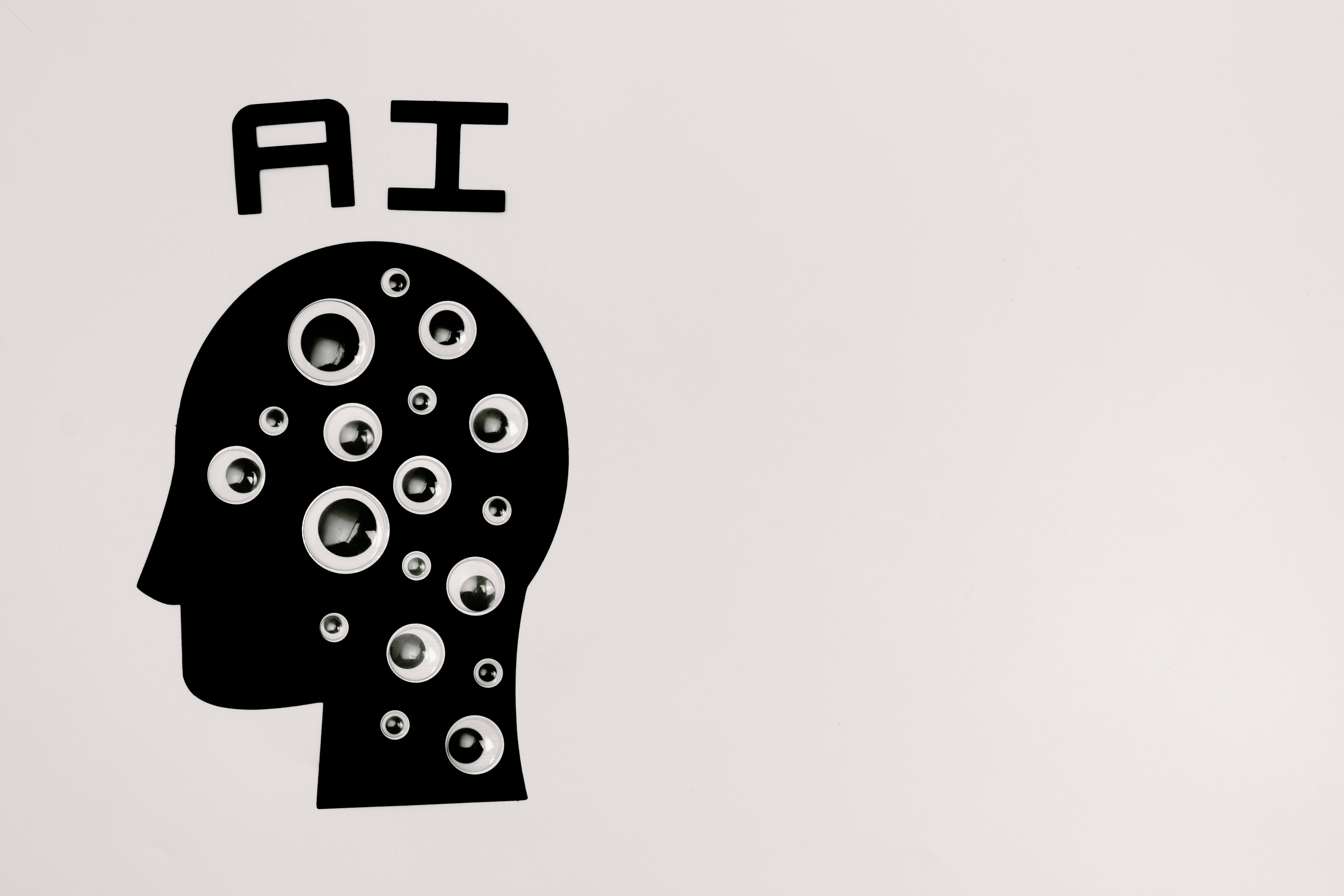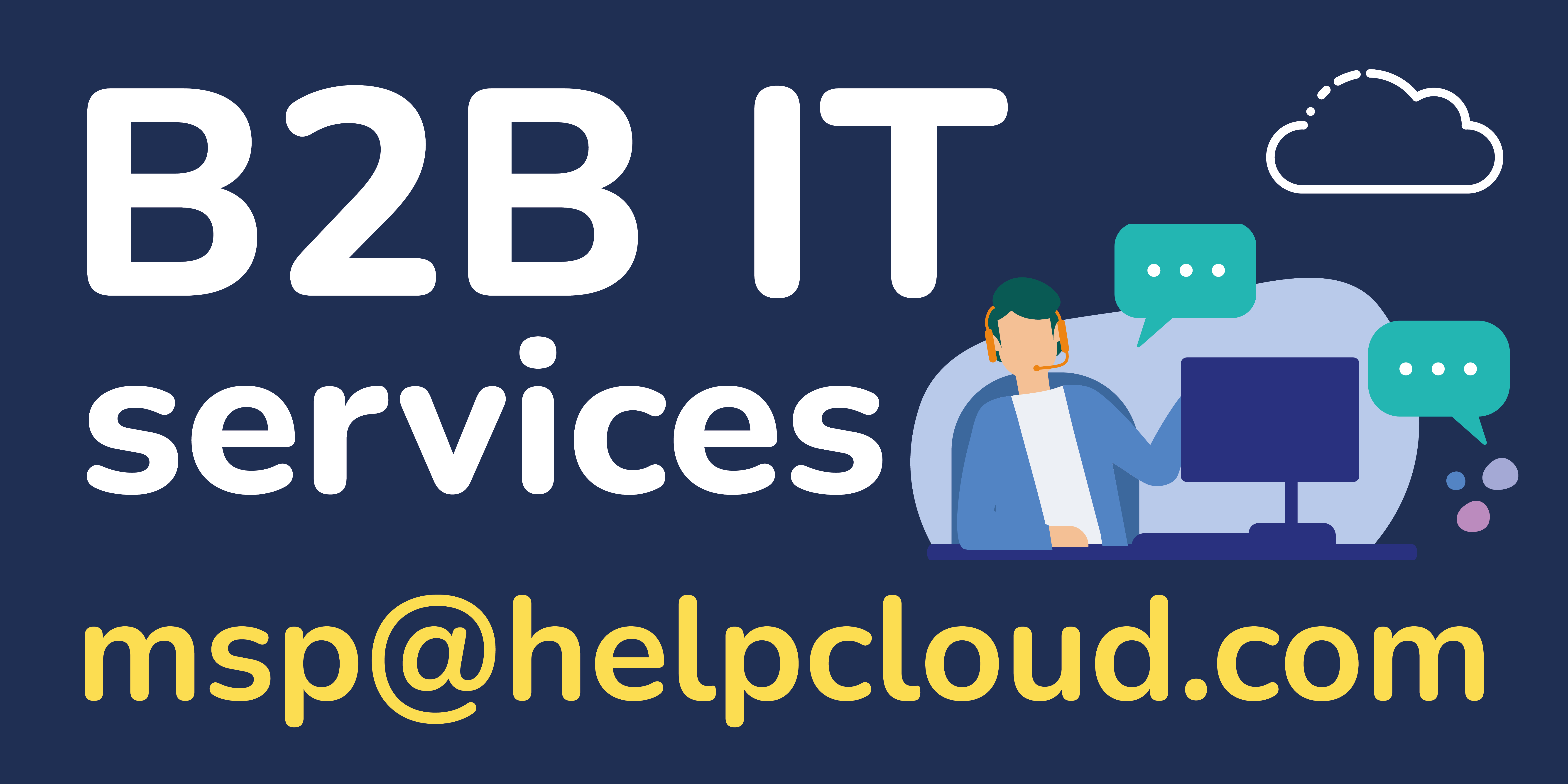The advent of Artificial Intelligence (AI) and automation is transforming industries worldwide, and IT outsourcing is no exception. These technologies are reshaping how businesses approach outsourcing, offering new opportunities for efficiency, cost reduction, and innovation. In this blog post, we will explore the profound impact of AI and automation on IT outsourcing, highlighting the benefits, challenges, and future prospects.
The Role of AI and Automation in IT Outsourcing
AI and automation are being integrated into various aspects of IT outsourcing, from routine tasks to complex problem-solving. Here’s how these technologies are making a difference:
- Enhanced Efficiency and Productivity: Automation tools can handle repetitive tasks such as data entry, system monitoring, and routine maintenance, freeing up human resources for more strategic and creative work. AI algorithms can optimize processes, predict issues before they arise, and provide solutions faster than traditional methods.
- Cost Reduction: By automating routine tasks, companies can significantly reduce labor costs. AI-driven tools can perform tasks that previously required multiple employees, leading to substantial savings. Additionally, AI can help in optimizing resource allocation, ensuring that outsourcing budgets are used more effectively.
- Improved Quality and Consistency: AI systems are not prone to human error and can maintain consistent performance levels. This leads to higher quality outputs and reduces the need for rework. Automation ensures that tasks are completed accurately and on time, improving overall service quality.
- 24/7 Service Availability: AI-powered systems can operate around the clock without fatigue. This ensures continuous service availability, which is particularly beneficial for businesses requiring 24/7 IT support. Automated systems can handle customer queries, monitor systems, and respond to incidents in real time.
- Data-Driven Decision Making: AI and machine learning algorithms can analyze vast amounts of data to uncover insights and trends that might be missed by human analysts. This data-driven approach enables better decision-making and strategic planning, helping companies stay ahead of the competition.

Challenges and Considerations
While the benefits of AI and automation in IT outsourcing are significant, there are also challenges and considerations to address:
- Integration Complexity: Integrating AI and automation into existing IT systems can be complex and requires careful planning. Companies must ensure that their infrastructure can support these technologies and that integration does not disrupt ongoing operations.
- Skill Gaps: The adoption of AI and automation requires specialized skills that may not be readily available within the existing workforce. Companies may need to invest in training or hire new talent to effectively manage and maintain AI-driven systems.
- Security and Privacy Concerns: As with any technology, AI and automation come with security and privacy risks. Automated systems can be targeted by cyberattacks, and AI algorithms can inadvertently expose sensitive data. It is crucial to implement robust security measures to protect against these threats.
- Job Displacement: One of the most discussed concerns is the potential for job displacement. As AI and automation take over routine tasks, there may be a reduction in demand for certain job roles. Companies need to consider the social impact and explore ways to reskill and redeploy affected employees.
- Ethical Considerations: The use of AI raises ethical questions, particularly around decision-making transparency and bias. Ensuring that AI systems are designed and implemented ethically is critical to maintaining trust and fairness in outsourcing relationships.

Future Prospects
The future of IT outsourcing in the age of AI and automation looks promising. Here are some trends to watch:
- Rise of Intelligent Automation: The combination of AI with robotic process automation (RPA) is creating intelligent automation solutions that can handle more complex tasks. These solutions can adapt to changing conditions and learn from their experiences, further enhancing efficiency and productivity.
- AI-Driven Innovation: AI is not just about optimization; it is also a driver of innovation. Companies are leveraging AI to develop new products and services, improve customer experiences, and create new business models. Outsourcing partners with AI expertise can help businesses unlock these innovative opportunities.
- Personalized Services: AI enables the delivery of highly personalized services. In IT outsourcing, this means providing tailored solutions that meet the specific needs of each client. AI can analyze client data to offer customized recommendations, improving satisfaction and loyalty.
- Collaborative AI: The future will see more collaborative AI systems that work alongside human teams. These systems will augment human capabilities, providing insights and support while allowing humans to focus on strategic and creative tasks. This collaboration will create a more dynamic and effective outsourcing environment.
- Ethical and Responsible AI: As AI becomes more prevalent, there will be a greater emphasis on ethical and responsible AI practices. Companies will need to ensure that their AI systems are transparent, fair, and accountable, fostering trust and long-term partnerships in the outsourcing ecosystem.
To AI or Not to AI?
Is that a choice? AI and automation are revolutionizing the IT outsourcing industry, offering unparalleled opportunities for efficiency, cost savings, and innovation. While there are challenges to address, the potential benefits make it a worthwhile investment. As AI technology continues to evolve, IT outsourcing will become even more strategic, enabling businesses to achieve their goals more effectively. Embracing these technologies and navigating the associated challenges will be key to staying competitive in the ever-changing landscape of IT outsourcing.

